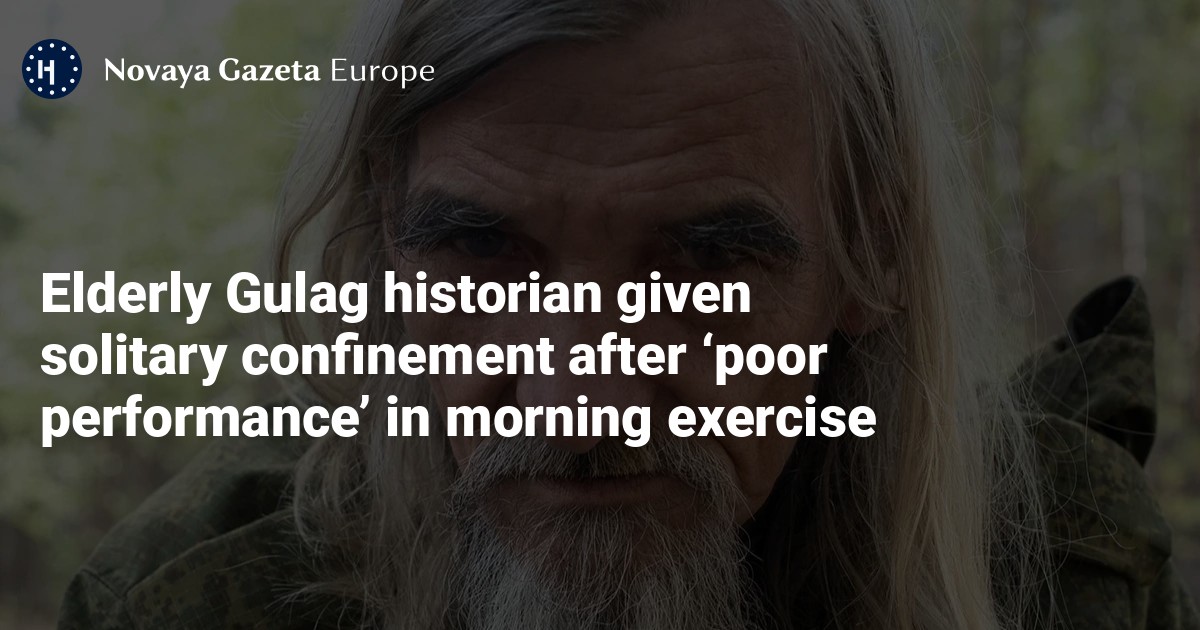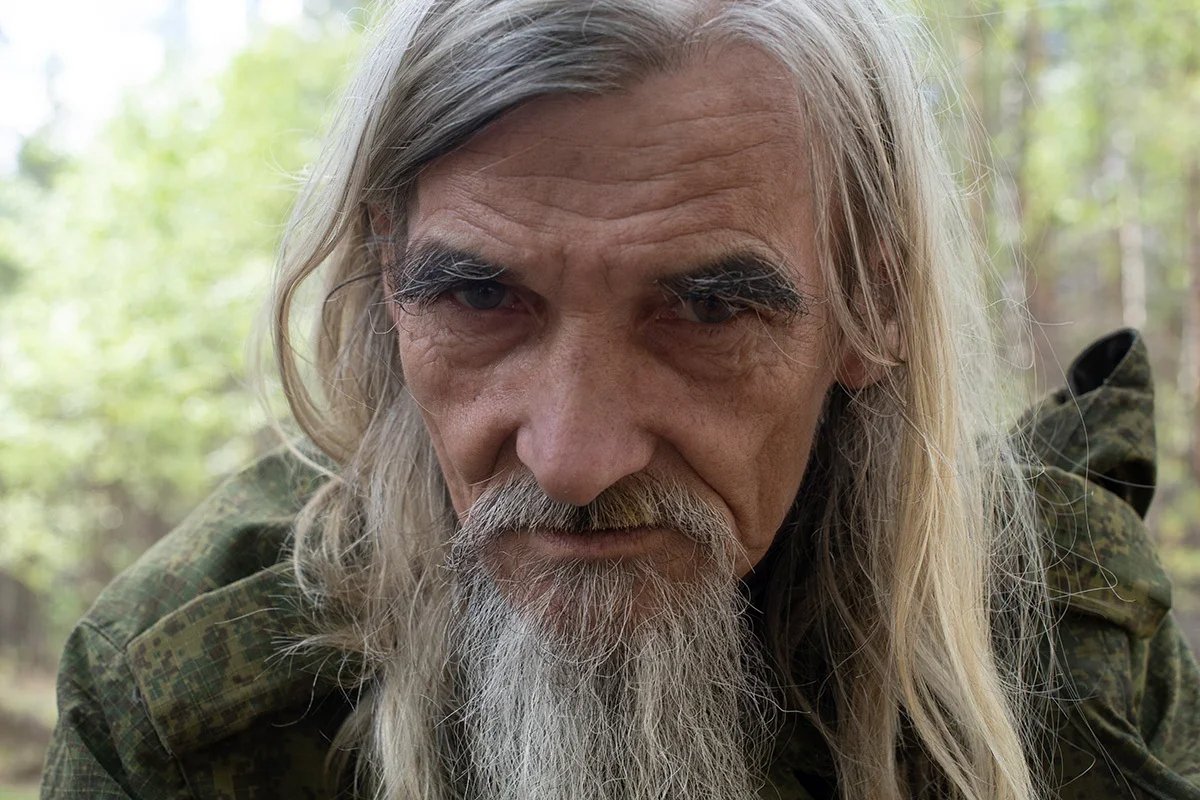




A shot from Jessica Gortman’s film “The Dmitriev Affair”.
A prominent Gulag historian and regional head of the Nobel Prize-winning human rights organisation Memorial has been sent to a punishment cell for five days for “poor performance in morning exercise activities”, representatives from the group reported on Thursday.
Often equated to solitary confinement, punishment cells are effectively prisons within a prison, where inmates are forced to endure far harsher conditions.
Yury Dmitriev, 69, is currently serving a 15-year sentence in a penal colony for taking inappropriate photographs of his daughter. However, representatives from Memorial believe he is being persecuted for his work documenting the history of political repression in the Soviet Union.
Dmitriev, who is eight years into his sentence, has been diagnosed with numerous health problems, including heart disease, high blood pressure, hearing loss, and cataracts.
Memorial says that Dmitriev was sent to the punishment cell at the “exact moment” while he was waiting to be transferred to the hospital, and that he has repeatedly asked the prison’s doctor for an exemption from exercise over the past month, as it was “increasingly becoming a burden” and leaving him dizzy and weak. However, his request was denied.
In January, Dmitriev was previously sent to a punishment cell for similarly failing to complete his morning exercise activities.
Memorial is one of the oldest human rights organisations in Russia. In 2021, the Russian Supreme Court ruled that its central body, Memorial International, had violated “foreign agent laws” and ordered its closure. Since early 2022, the organisation has primarily operated from abroad.
